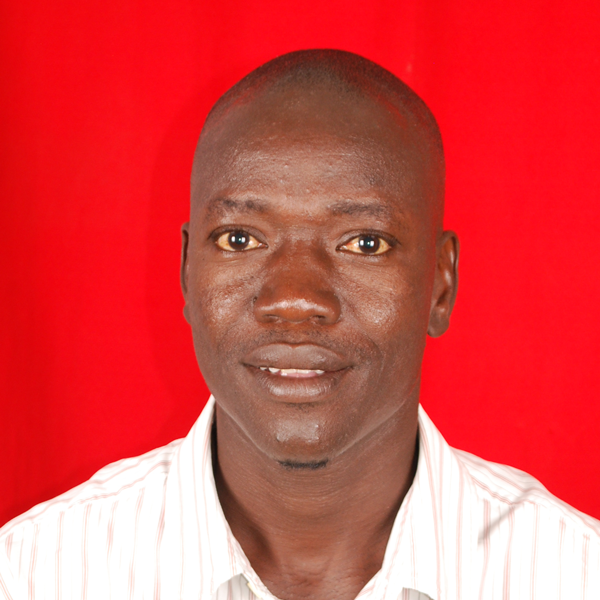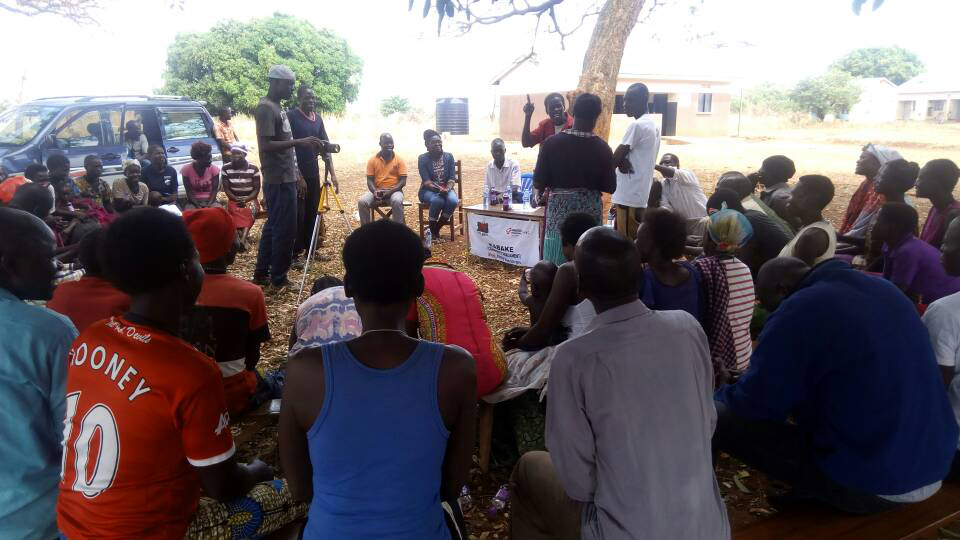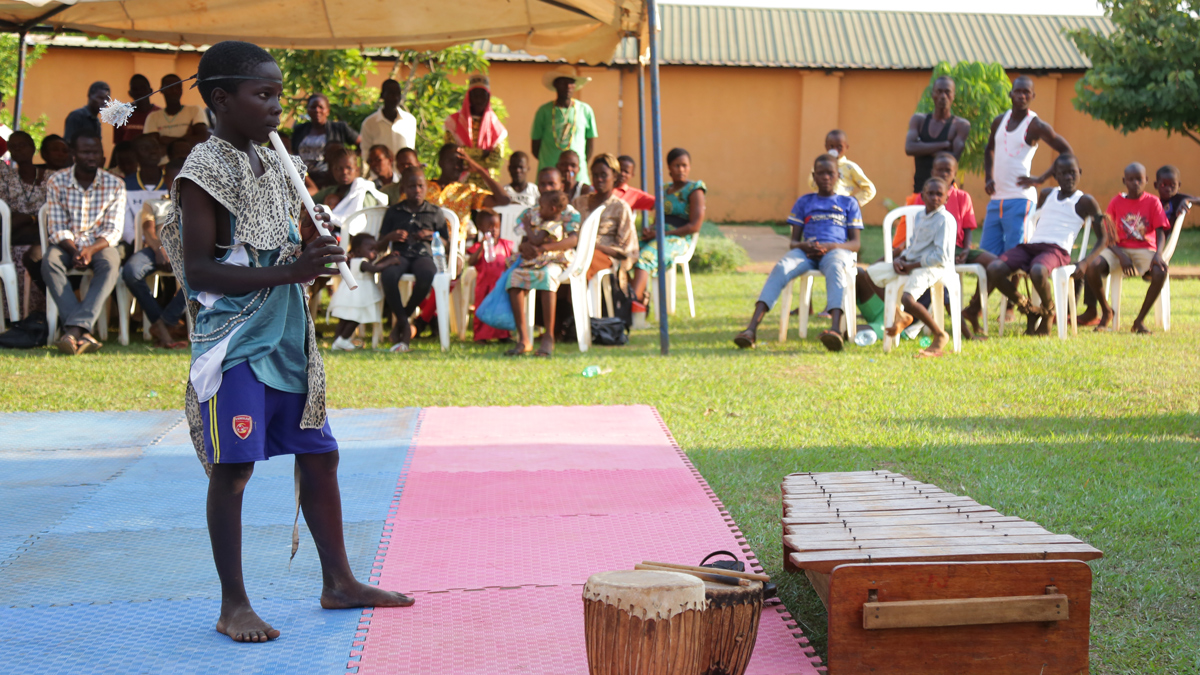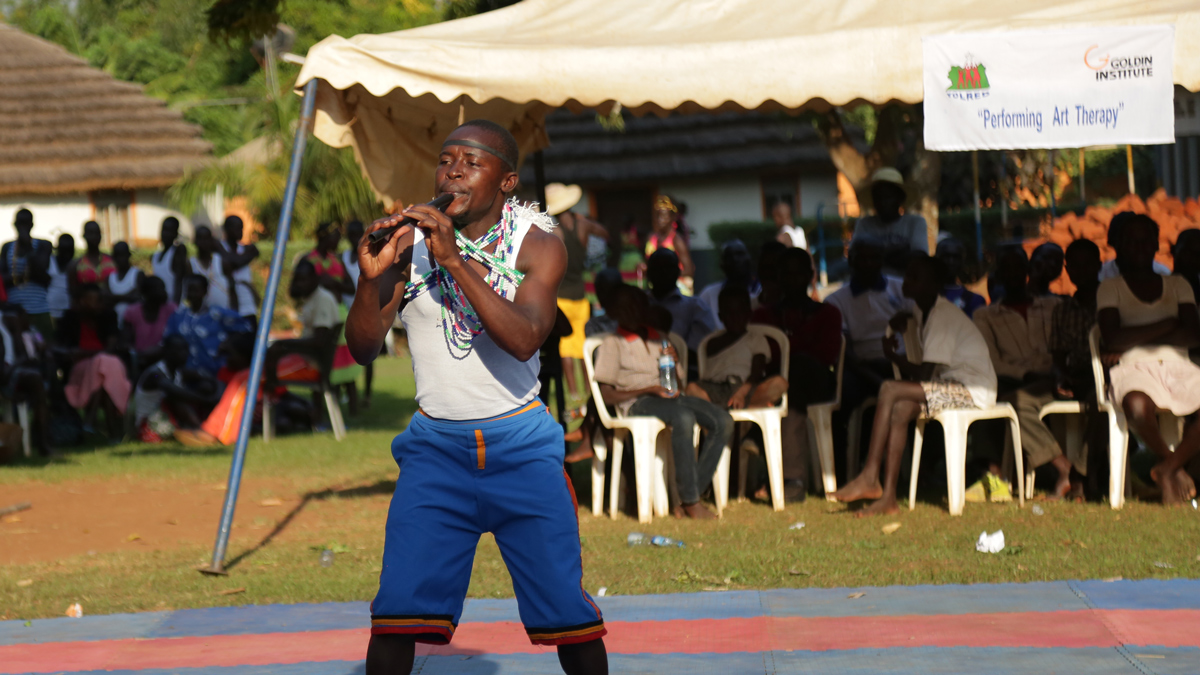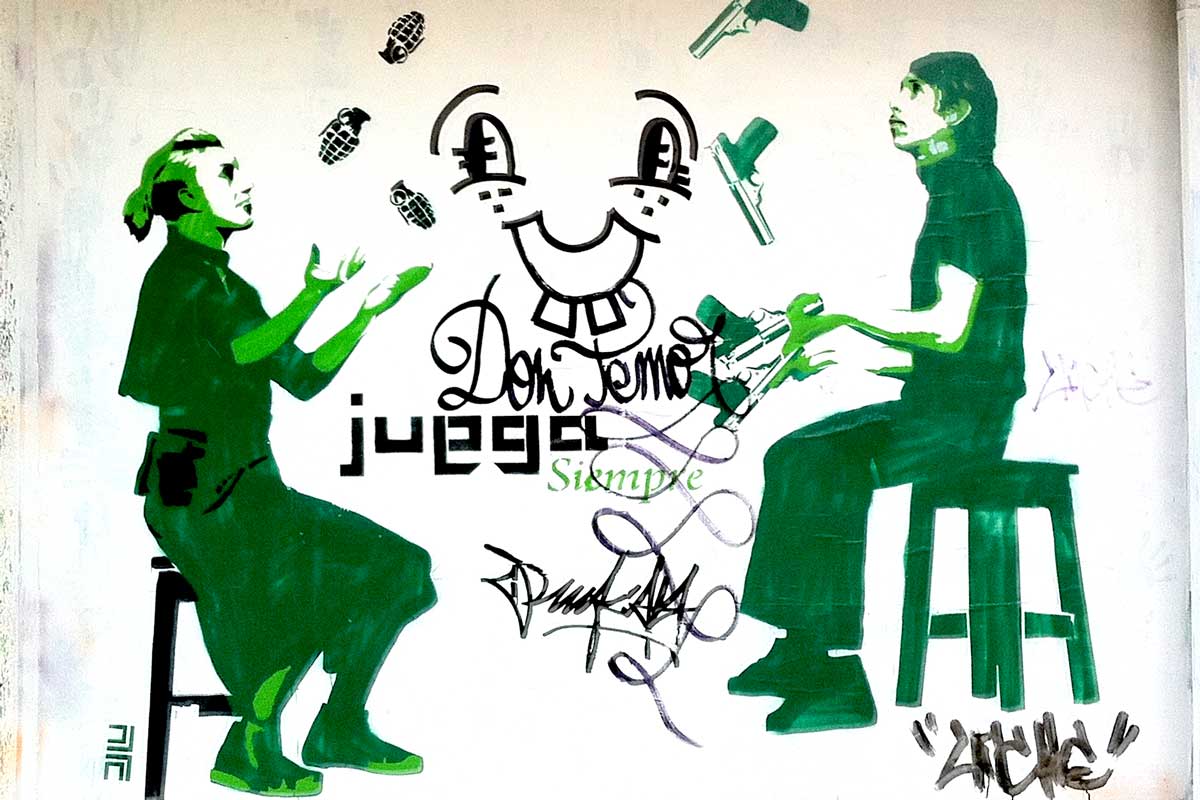Since December 2015, Dominic Ongwen – a former child soldier who became a top commander – has been ongoing trial at the International Criminal Court for his involvement in the insurgency in Northern Uganda. Ongwen was abducted at the age of 9 to become a child soldier in 1987 and spent 27 years with the Lord’s Resistance Army (LRA) before surrendering in 2015 whilst in the Central African Republic. Just over five years after his surrender, on 4th February 2021, the International Criminal Court read out his verdict: guilty of 61 crimes, including crimes against humanity and war crimes. He is awaiting confirmation of his sentence, which could be for up to 30 years. The LRA forcibly recruited approximately 30,000 children to serve as child soldiers, of which Ongwen was one. Growing up within the conflict, Ongwen rose to become seen as a senior commander and worked closely with Joseph Kony, leader of the LRA. To facilitate peace, following the end of the conflict, the Ugandan government provided amnesty (i.e., pardon) for all LRA members, except for the top 5 commanders, of which Ongwen was identified as one. Ongwen has been the only one to now be convicted in a retributive court system (though Thomas Kwoyelo, another LRA commander, has been ongoing trial in Uganda since 2011).
The verdict has happened, so now what? Does it take into full consideration the varied opinions of the people to whom the war crimes were committed? What impact will the verdict have on the Acholi community, the ones most affected by the conflict, including those who Ongwen abducted? YOLRED, the organisation for which I am executive director, obtained some perspectives from the community we work with, to document how the news has impacted on those affected by the war, including former child soldiers.
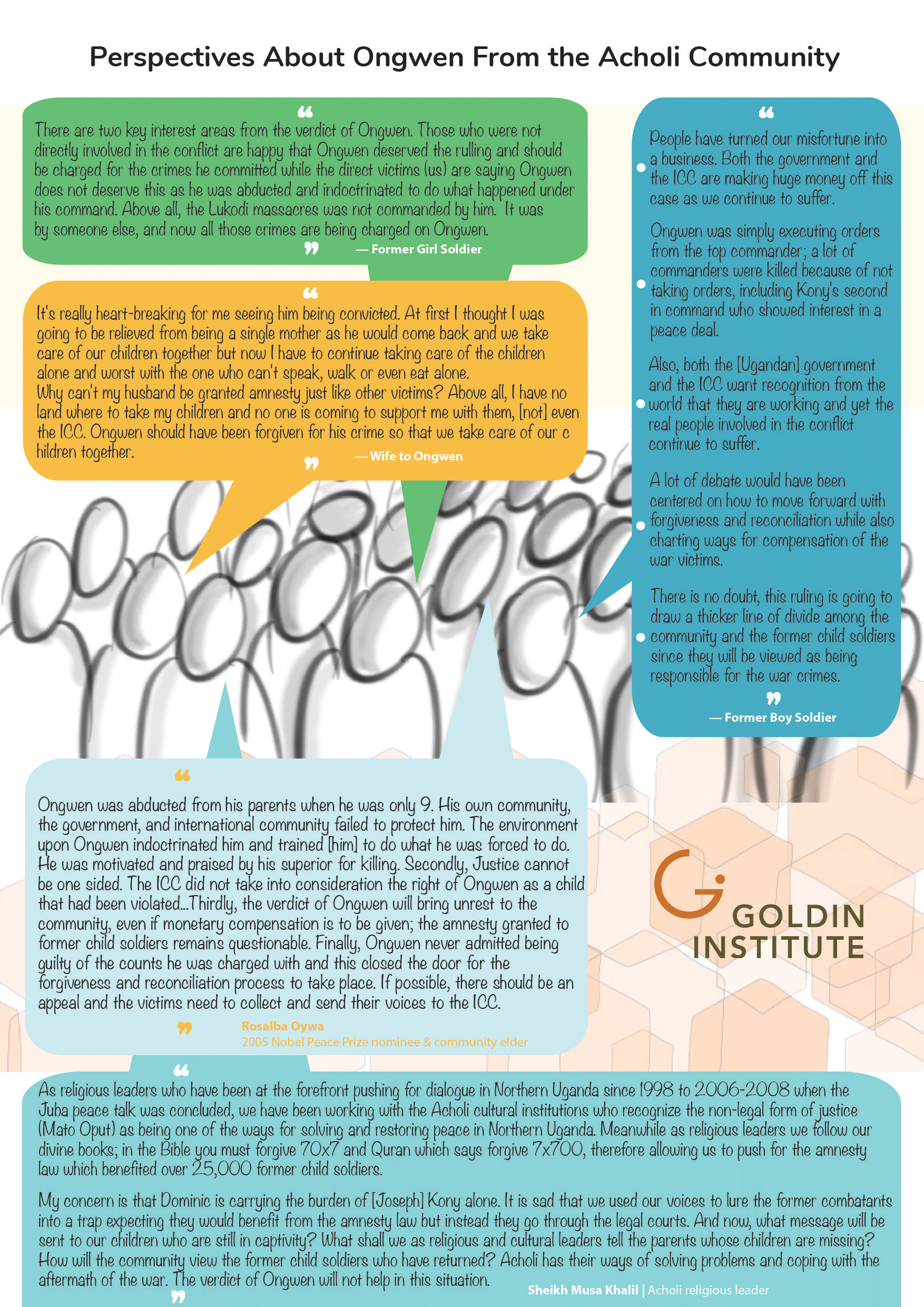
For me, as a peacebuilder in the region, the non-legal form of justice would have been the best in handling Ongwen's case. In our traditional and cultural context, we believe in a restorative justice process known as Mato Oput (which literally translates into ‘drinking the bitter root’) in which the first step to reconciliation and healing would be for Ongwen to seek forgiveness from the community within which he is alleged to have committed the crime. Mato Oput has traditionally been used to resolve disputes and re-establish relationships between two clans, however we believe it could also serve to facilitate healing and reconciliation amongst the Acholi community, who have been impacted by Ongwen’s crimes. To undergo this process, Ongwen would begin by providing an account of the crimes he committed, i.e., offering his confession. The next step would be a period of negotiation, which calls upon community elders and leaders to mediate. If forgiveness is granted, then that's the beginning of reconciliation. What would then follow is financial compensation for the victims of Ongwen’s crimes. The international community do not view Mato Oput as a legitimate procedure for obtaining justice for crimes which violate international law, however for us, the community most impacted by the conflict, this is what is good for us here and aligns with Acholi cultural and traditional values. Mato Oput works to heal the broken relationship, increases safety and security, gives possibilities to discuss issues related to compensation of the war victims, and helps to create peace and stronger communities.
Now we will feel the consequences of the verdict here, but there are very limited benefits which will emerge from it for us. In fact, it has left many former child soldiers feeling more insecure as we question the Amnesty which has been offered to us and how secure or permanent this is.
